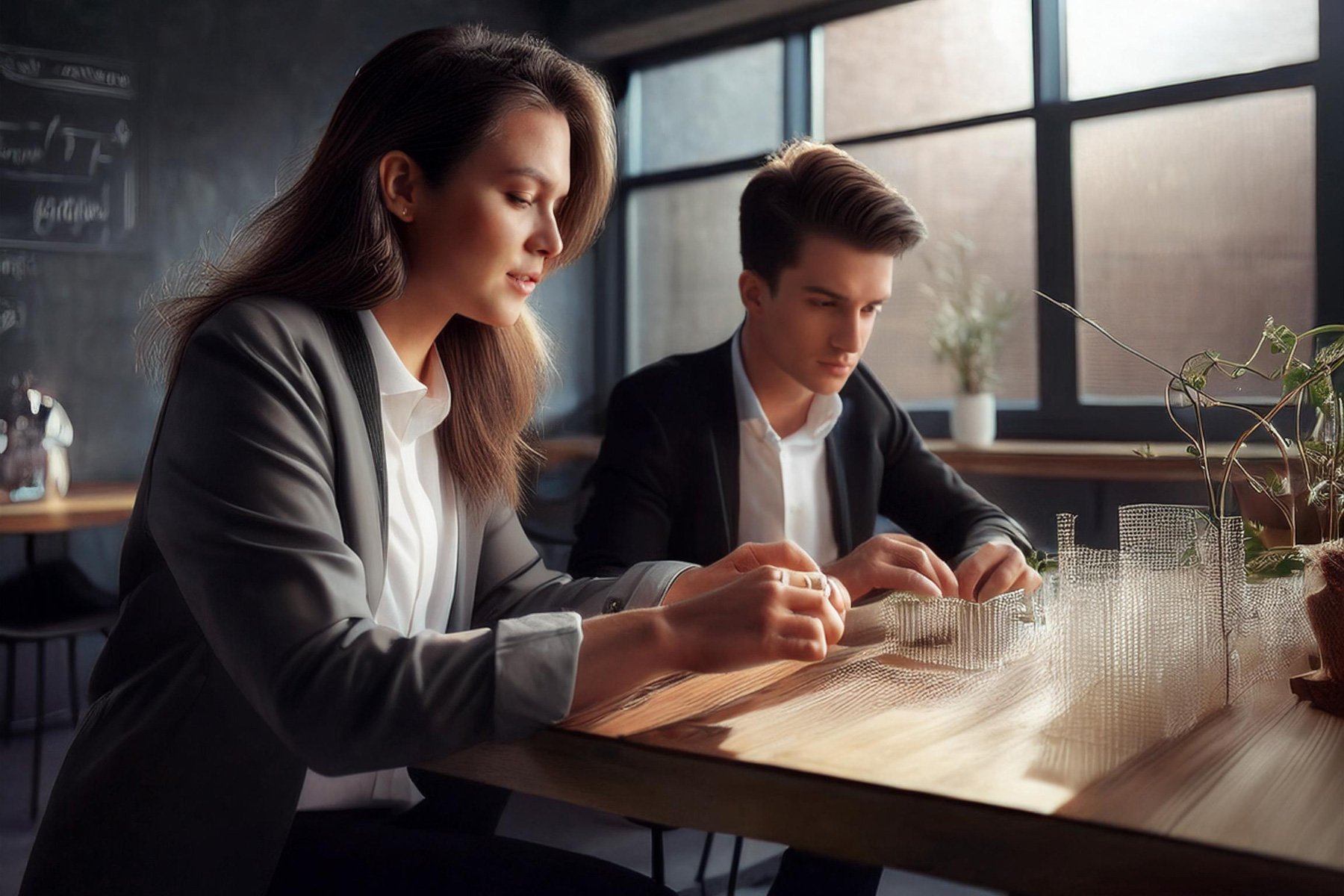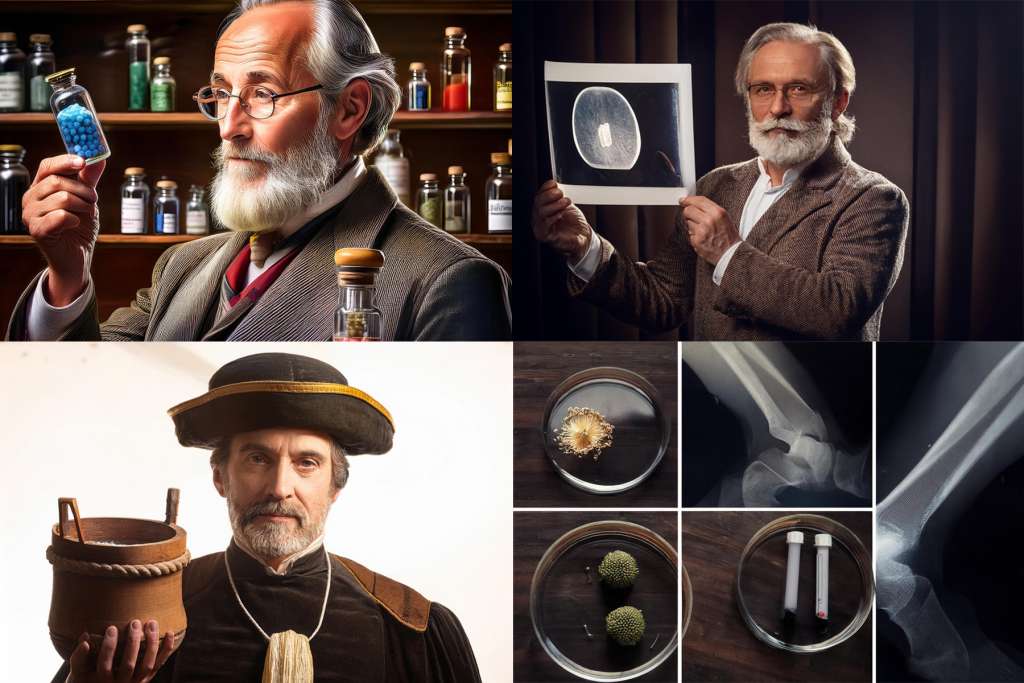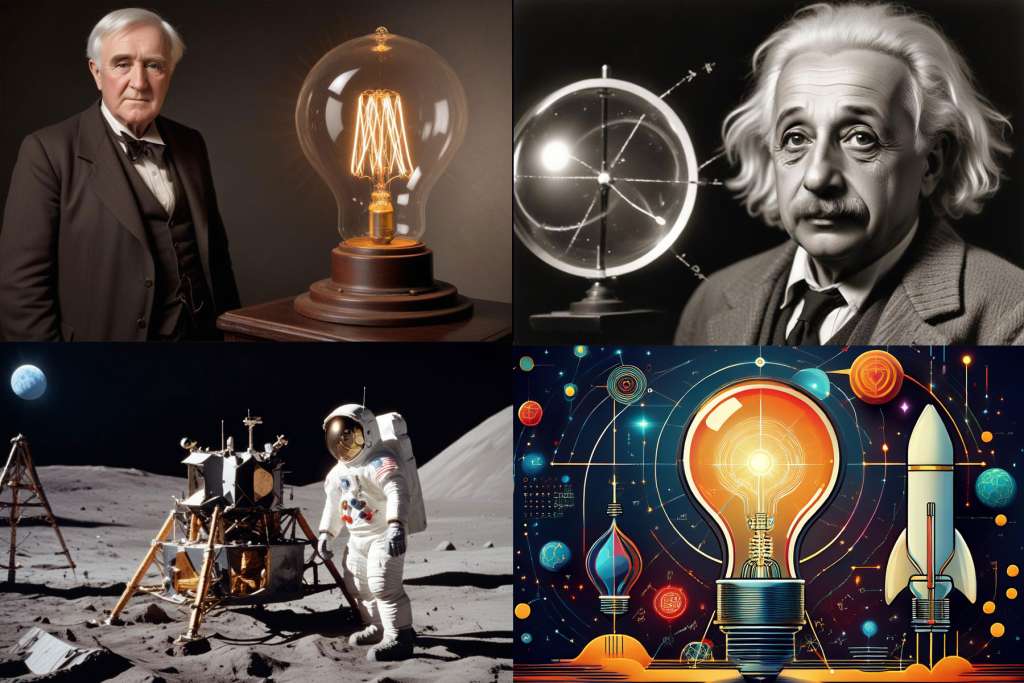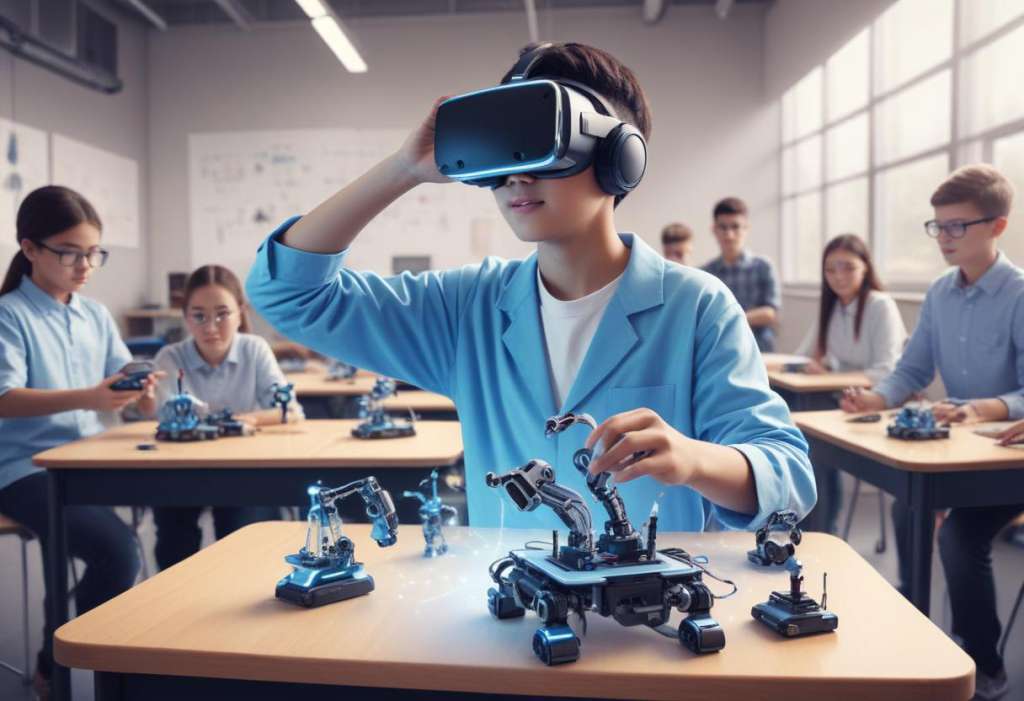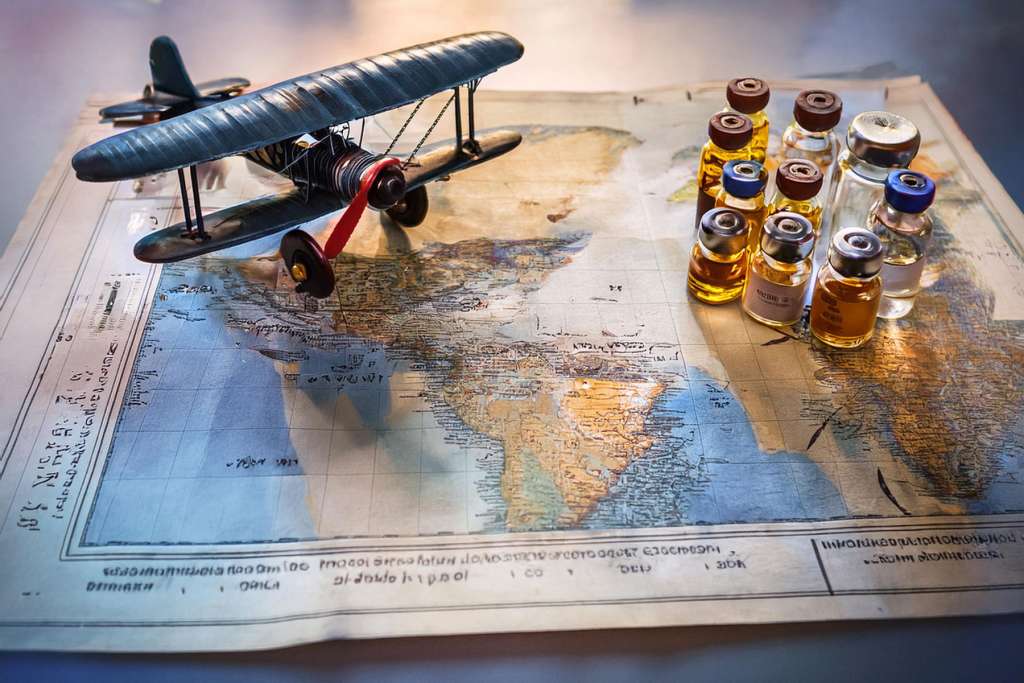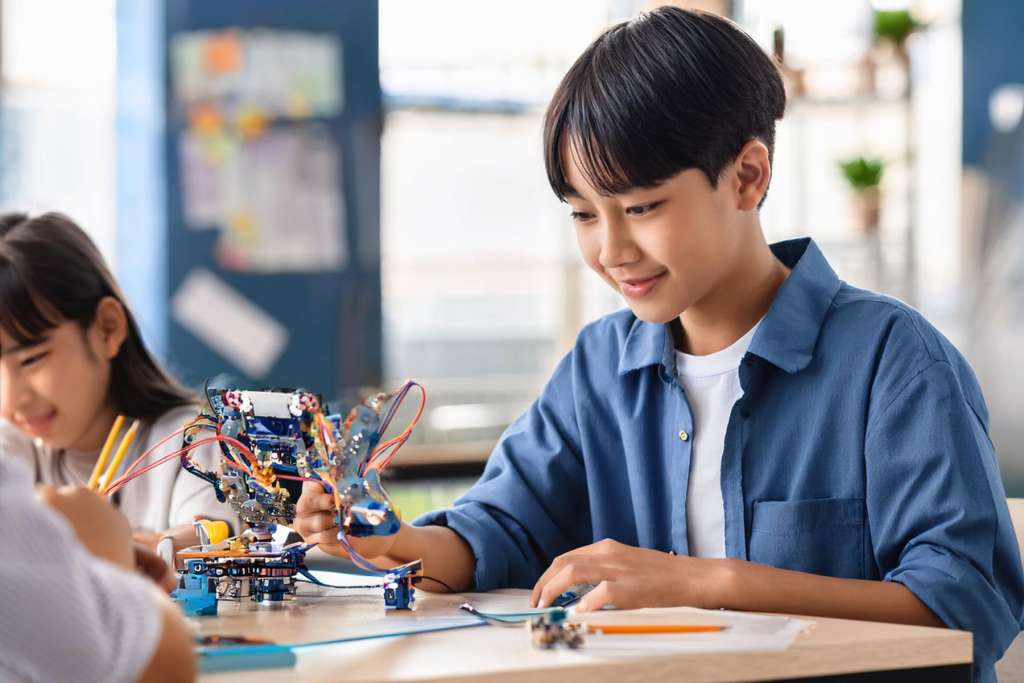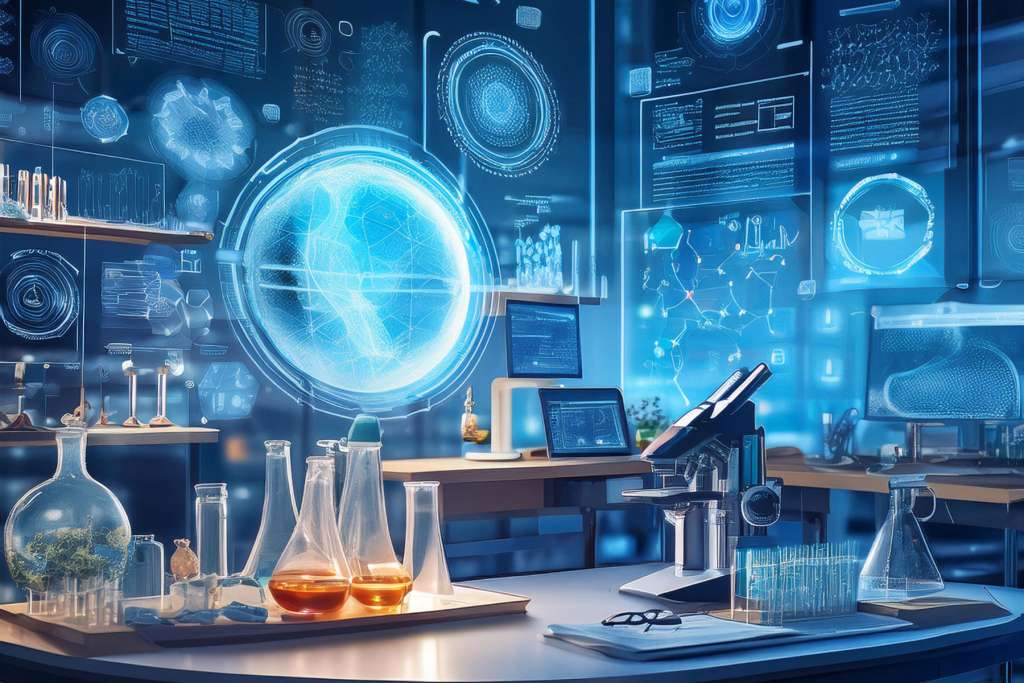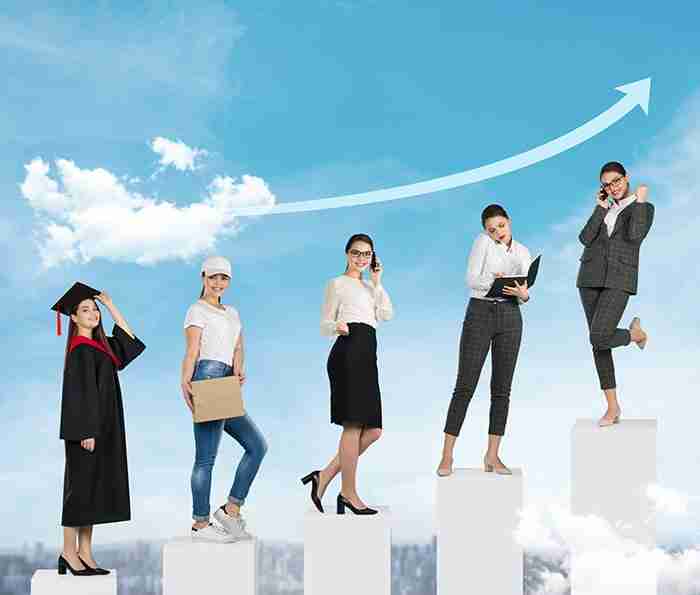Experimental learning, also known as experiential learning, is a process through which individuals gain knowledge, skills, and values from direct experiences outside a traditional academic setting. This method of learning has been a fundamental aspect of human civilization, driving innovation, discovery, and progress. Many of the conveniences and technologies we take for granted today are the result of both planned and accidental laboratory experiments. The progress of human civilization owes a significant debt to the successes and failures of pioneers who relentlessly experimented, often defying conventional wisdom.
The Historical Significance of Experiments
Accidental Discoveries
Some of the most transformative discoveries in history have been the result of accidents. For example:
- Penicillin: In 1928, Alexander Fleming accidentally discovered penicillin when he noticed that a mold (Penicillium notatum) had killed the bacteria in his Petri dishes. This serendipitous observation led to the development of antibiotics, revolutionizing medicine and saving countless lives.
- X-rays: Wilhelm Conrad Roentgen discovered X-rays in 1895 while experimenting with cathode rays. His accidental discovery allowed for the development of diagnostic imaging, fundamentally changing the field of medicine.
- Vulcanized Rubber: ‘s accidental discovery of vulcanized rubber in 1839, when he dropped a mixture of rubber and sulfur on a hot stove, led to the creation of durable and elastic rubber, crucial for various industries including automotive.
Deliberate Experiments
While many discoveries are serendipitous, deliberate experimentation has also driven significant advancements:
- Electricity: Thomas Edison’s systematic experiments led to the development of the electric light bulb. His approach of trial and error epitomizes the essence of experimental learning.
- Theory of Relativity: Albert Einstein’s thought experiments and theoretical explorations reshaped our understanding of space, time, and gravity.
- Space Exploration: The rigorous experimentation and testing by NASA scientists and engineers culminated in the Apollo 11 mission, landing humans on the moon and marking a monumental achievement in human history.
The Role of Experimental Learning in Education
Enhancing Understanding
Experimental learning enhances understanding by allowing students to apply theoretical knowledge in practical situations. This hands-on approach helps in solidifying concepts and fostering a deeper comprehension. For instance, conducting chemistry experiments in a lab helps students understand chemical reactions better than through textbooks alone.
Developing Critical Thinking
Experiments encourage critical thinking and problem-solving skills. When students design and conduct experiments, they learn to formulate hypotheses, analyze data, and draw conclusions. This process cultivates analytical skills that are essential in various fields.
Fostering Innovation
Experimental learning fosters innovation by encouraging curiosity and creativity. Students are motivated to explore, question, and challenge existing knowledge, leading to new discoveries and advancements. For example, engineering students working on prototype projects often come up with innovative solutions to real-world problems.
Building Resilience
Experimentation teaches resilience by demonstrating that failure is a part of the learning process. Many great discoveries were preceded by numerous failures. Students learn to view setbacks as opportunities for growth and refinement, developing a mindset geared towards perseverance and continuous improvement.
Experiments in Human Civilization
Scientific Progress
The scientific method, which relies heavily on experimentation, has been the bedrock of scientific progress. By systematically testing hypotheses and observing outcomes, scientists have unraveled the mysteries of the natural world. For example, Gregor Mendel’s experiments with pea plants laid the foundation for the field of genetics.
Technological Advancements
Technological advancements have often resulted from iterative experimentation. The Wright brothers’ numerous flight experiments led to the development of the first successful airplane, transforming transportation and connecting the world in unprecedented ways.
Medical Breakthroughs
Medical breakthroughs frequently stem from experimental research. Jonas Salk’s development of the polio vaccine involved extensive laboratory experiments and clinical trials, ultimately leading to the eradication of polio in many parts of the world.
Experimental Learning in Modern Education
STEM Education
In modern education, experimental learning is particularly emphasized in STEM (Science, Technology, Engineering, and Mathematics) fields. Robotics competitions, coding boot camps, and science fairs are some of the platforms where students can engage in experimental learning.
Maker Movement
The Maker Movement, which encourages DIY (Do-It-Yourself) and hands-on projects, has gained popularity in educational settings. Maker spaces equipped with tools and materials allow students to experiment, invent, and create, fostering an environment of innovation and creativity.
Project-Based Learning
Project-based learning (PBL) is an educational approach where students learn by actively engaging in real-world and meaningful projects. PBL integrates experimental learning by requiring students to research, design, experiment, and present their findings.
Virtual and Augmented Reality
Advancements in technology, such as virtual and augmented reality, have opened new avenues for experimental learning. These tools allow students to conduct virtual experiments, explore complex systems, and visualize abstract concepts in an interactive and immersive environment.
The Future of Experimental Learning
Integration with Technology
The future of experimental learning will see greater integration with technology. Artificial Intelligence (AI) and machine learning can personalize learning experiences, providing real-time feedback and adaptive challenges based on individual student performance.
Remote and Online Experiments
With the rise of online education, remote and online experiments will become more prevalent. Virtual labs and simulations will allow students to conduct experiments from anywhere in the world, making experimental learning more accessible.
Interdisciplinary Approaches
Experimental learning will increasingly adopt interdisciplinary approaches, combining knowledge from multiple fields to solve complex problems. For example, bioengineering experiments might integrate principles from biology, chemistry, and engineering.
Emphasis on Sustainability
Future experimental learning will place a greater emphasis on sustainability and addressing global challenges. Students will engage in experiments and projects aimed at finding solutions to issues like climate change, renewable energy, and resource conservation.
Conclusion
Experimental learning is a cornerstone of human progress and a vital component of education. It has driven many of the advancements that define modern civilization, from medical breakthroughs to technological innovations. The hands-on, experiential approach enhances understanding, fosters critical thinking, encourages innovation, and builds resilience.
As we look to the future, the integration of technology, remote experiments, interdisciplinary approaches, and a focus on sustainability will shape the evolution of experimental learning. By embracing and promoting experimental learning, we can continue to push the boundaries of knowledge and prepare future generations to tackle the challenges and opportunities that lie ahead. In doing so, we honor the legacy of the pioneers who came before us, those who dared to experiment, fail, and ultimately succeed in shaping the world as we know it.

